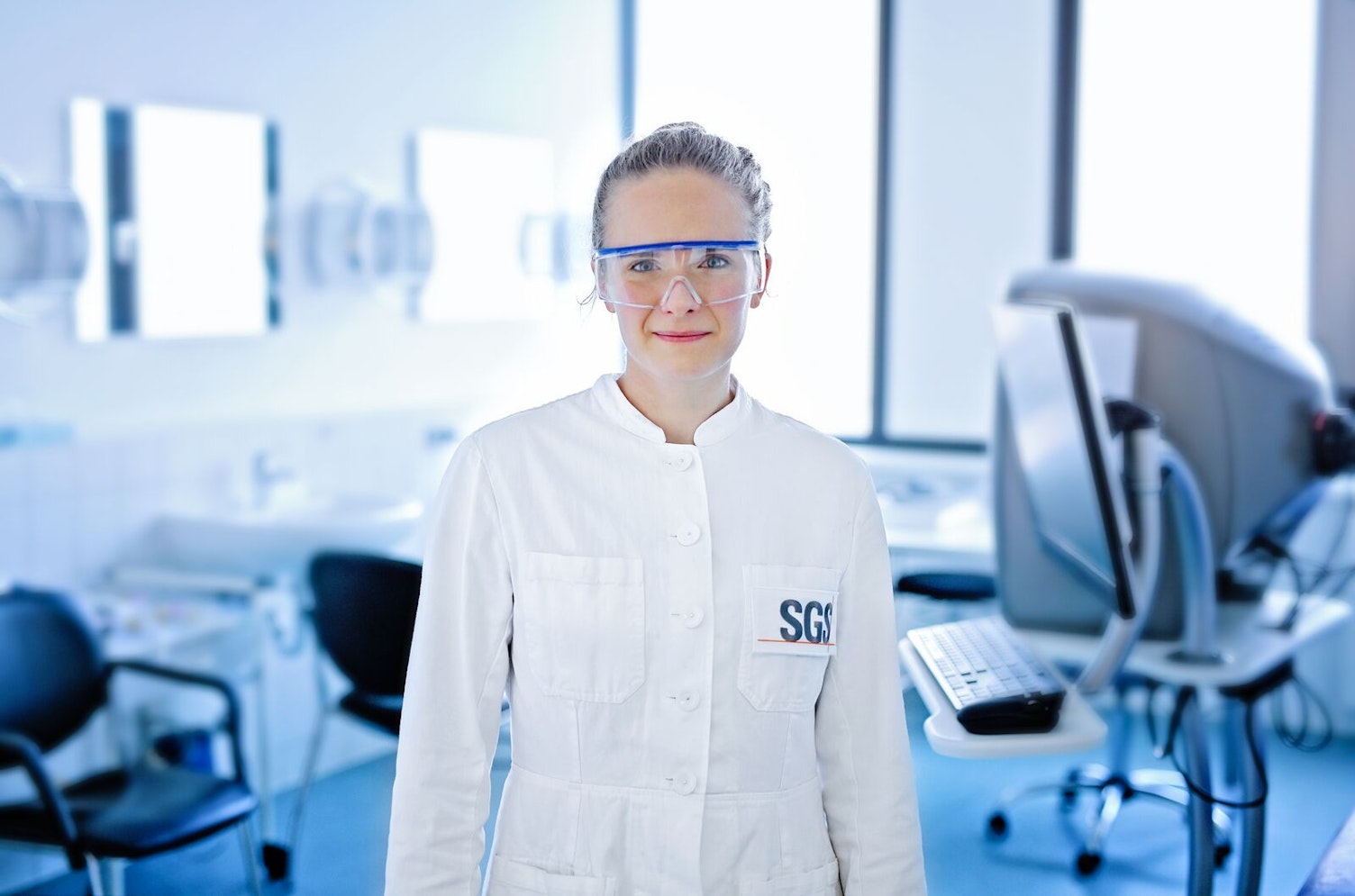Fragrance allergens are compounds used in cosmetics, personal care and detergent products that may trigger allergic reactions. These substances are not only added for scent, but may also serve as masking agents or support other formulation functions. Testing ensures these allergens are accurately identified and labeled to protect consumers and meet regulatory requirements.

Global expertise in fragrance allergen testing
As the world’s leading testing, inspection and certification company, we combine deep regulatory knowledge with advanced analytical technology to deliver accurate, compliant results. Our testing is powered by Gas Chromatography with Tandem Mass Spectrometry (GC-MS/MS) systems capable of detecting even trace levels of all 81 EU-listed fragrance allergens.
With our global network and decades of experience in consumer goods testing, we support you with integrated services – from allergen detection and label review to consulting on region-specific requirements and custom retailer standards.